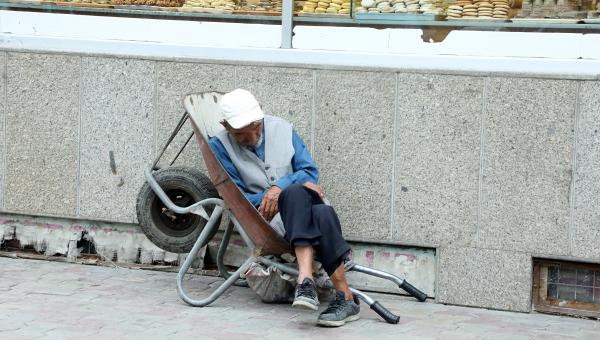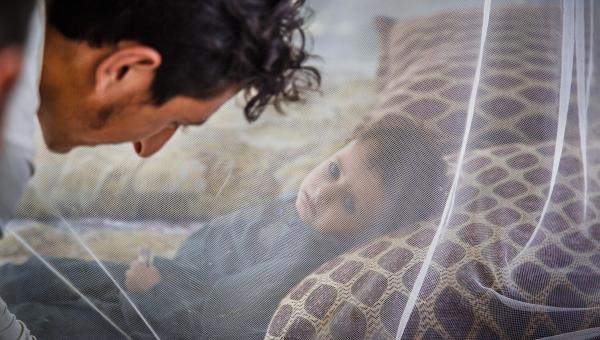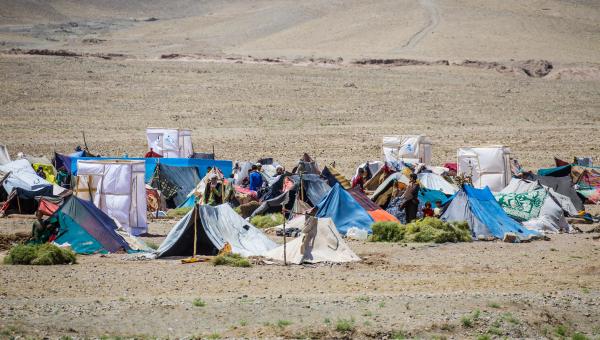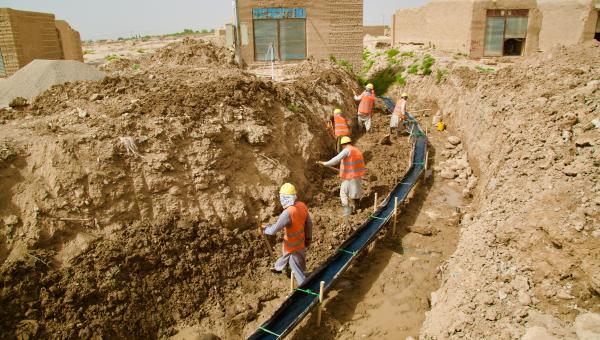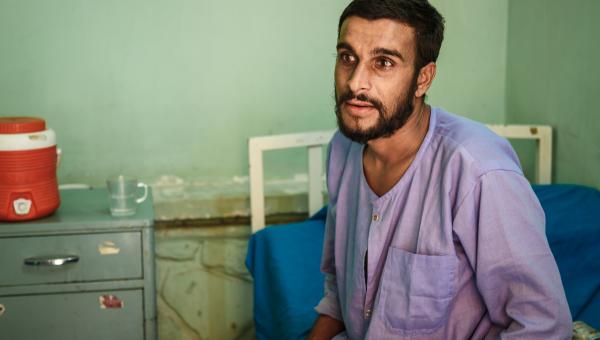Supporting Sharia’ Compliant Microfinancing for Economic Recovery and Women's Economic Empowerment in Afghanistan
Overview
After August 2021, the microfinance sector has been severely affected both by liquidity and structural shocks. MFIs were ordered to stop new loan disbursement as their products were not considered in line with Sharia and were only allowed to collect principal amounts of the loans. Under such unexpected circumstances, financing offerings provided by MFIs were also halted and subjected to review by the de facto authorities, exacerbating the financial crisis and liquidity issues in the sector. As a result, out of eight active microfinance institutions, only three remain operational as of today (two MFIs and one bank).
It has been critical to keep the existing microfinance system up and running and address the challenges threatening recovery efforts. This project offers an implementation plan for technical assistance to the microfinance sector by addressing the economic vulnerabilities faced after the August 15, 2021, shift by both the MFIs and customers in Afghanistan. Islamic microfinance PIP encourages and supports the sector through the provision of technical assistance to MFIs on Islamic governance mechanisms and financial products. The project continues to address the needs of a wider population, especially to include women-led enterprises. It concentrates on market development targeting community-owned business creation, female entrepreneurs as well as existing businesses.
Objectives
The project provides support to the microfinance ecosystem in Afghanistan through a holistic approach covering both structuring new products as well as skills development and institutional capacity building while establishing a sustainable mechanism for the microfinance sector. The project consists of the following four pillars:
- Pillar 1: Improving the capacity of institutions to design and structure appropriate Islamic Microfinance products.
- Pillar 2: Fostering corporate Shariah Governance structure for the microfinance institutions.
Pillar 3: Supporting the development of Shariah-based core banking system and fintech-based solutions.
Major Achievements
- Two Islamic microfinance products, Salam and Istisnah, have been designed along with a guiding toolkit for adopting products for women-led MSMEs. Once approved, women-led MSMEs will have access to these credit products for agribusiness and other closely related industries.
- Technical support is being provided to the Afghanistan Microfinance Association (AMA) and keen MFIs in structuring the Shariah Supervisory Board and the Shariah Governance Framework.
- First-of-its-kind training series is being provided to microfinance institutions on Islamic Finance and access to finance for women-led MSMEs; 50 women and men workers in the microfinance sector have been trained so far, with 200 more to be trained in 2024. The training series equips the participants with the principles of Islamic finance and the major financing mechanisms and products within Islamic microfinance as well as to develop a thorough understanding of the risk landscape and risk mitigation strategies.
The project has conducted Impact Management and Measurement (IMM) training for the senior management of the microfinance sector to foster a culture of impact management. The program provides participants with a step-by-step guide to overcoming the main obstacles in IMM by selecting the right metrics, combining metrics for a portfolio, creating data collection plans for portfolio companies, making data-driven decisions, presenting results to stakeholders, and adjusting the investment portfolio in the most effective manner.
Related Materials
Impact
Relevant Content

 Locations
Locations
